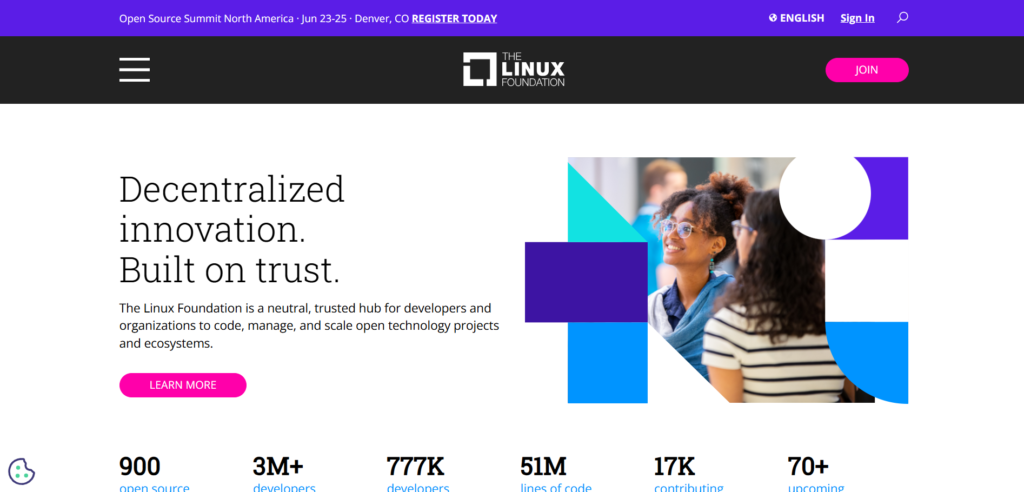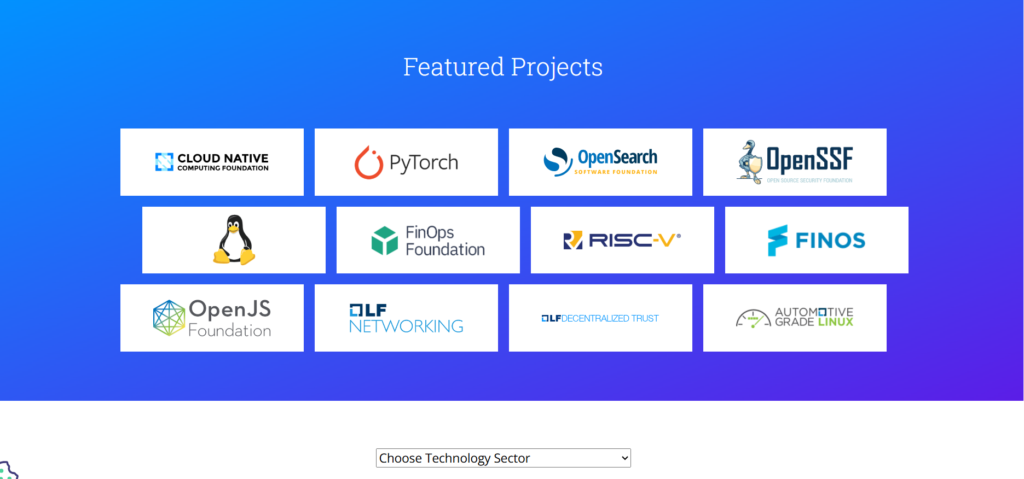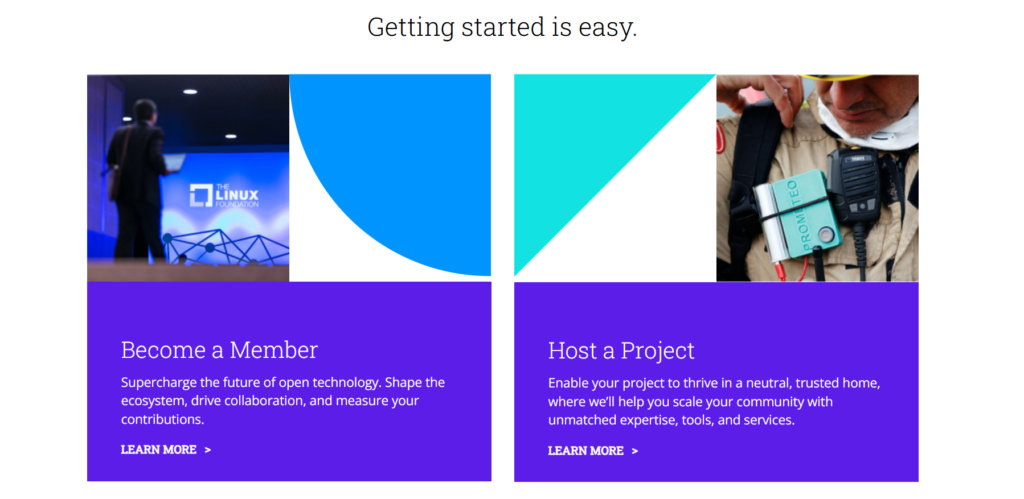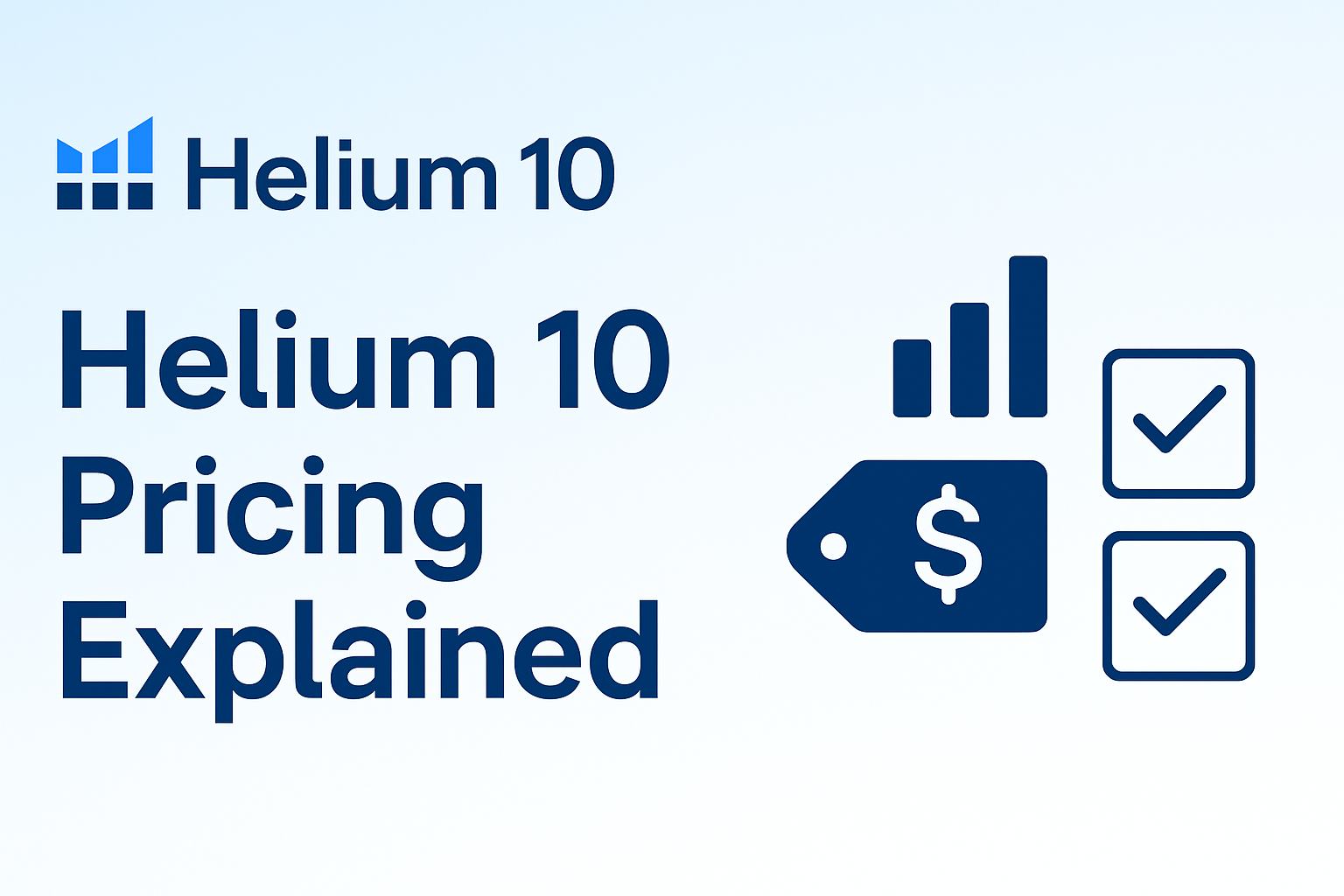In today’s fast-paced tech world, the need for highly skilled professionals who understand open-source technologies, Linux, and cloud infrastructure is growing exponentially. If you want to dive into fields like DevOps, cloud computing, containers, or Linux system administration, you need a platform that not only offers solid learning materials but also equips you with real-world, hands-on skills.
Enter The Linux Foundation—an organization built at the forefront of the open-source revolution. Whether you’re an aspiring Linux sysadmin, a DevOps enthusiast, or a seasoned cloud engineer looking to level up your skills, The Linux Foundation offers an ecosystem of learning that caters to professionals of all levels.
In this review, we’ll explore everything you need to know about The Linux Foundation: from its course offerings, certifications, and pricing, to its community, reputation, and real-world impact. Let’s dive deep into why this platform is a fantastic choice for anyone looking to build a successful career in tech.
🐧 What Is The Linux Foundation?

The Linux Foundation was created in 2000 as a non-profit organization aimed at supporting the growth of Linux and promoting open-source software. It’s widely recognized as one of the most influential bodies in the open-source world and has been responsible for the development of some of the most critical technologies used in modern IT infrastructures.
The foundation is home to numerous high-impact projects, such as:
- Linux Kernel (the heart of the Linux operating system)
- Kubernetes (container orchestration)
- Cloud Native Computing Foundation (CNCF)
- Hyperledger (blockchain)
- Node.js (JavaScript runtime)
Through its wide array of partnerships with leading tech companies (like IBM, Google, Microsoft, and Intel), The Linux Foundation plays a pivotal role in shaping the future of cloud computing, containerization, and DevOps practices.
In addition to being a support system for these open-source projects, the foundation also offers training programs and certifications aimed at helping tech professionals acquire industry-relevant skills. But what really sets it apart is that the training comes directly from the experts and maintainers of the technologies themselves, making it one of the most credible and valuable learning resources available today.
Course Offerings and Certifications
The Linux Foundation offers a wide range of specialized courses designed to give learners the practical knowledge and skills they need to excel in tech fields. Whether you’re interested in Linux administration, cloud infrastructure, DevOps, or containers, there’s a learning path tailored for your needs.
Popular Courses and Certifications

Linux Foundation Certified SysAdmin (LFCS)
This certification is perfect for anyone aiming to become a Linux system administrator. It covers foundational Linux skills, including system architecture, package management, file systems, networking, and security. The LFCS exam is known for being practical, ensuring that you’re not just memorizing theory, but rather applying your knowledge to real-world Linux environments.
Certified Kubernetes Administrator (CKA)
Kubernetes is the industry standard when it comes to container orchestration, and the CKA certification is one of the most respected certifications for anyone working in cloud-native technologies. This exam is focused on practical skills, testing your ability to deploy, manage, and troubleshoot Kubernetes clusters.
Certified Kubernetes Application Developer (CKAD)
Similar to CKA but tailored more for developers, this certification focuses on containerizing applications and managing them using Kubernetes. If you’re a developer aiming to understand the Kubernetes ecosystem, the CKAD is your go-to certification.
Linux Foundation Certified IT Associate (LFCT)
Aimed at entry-level professionals, the LFCT offers a foundational certification for those looking to break into the world of IT. It covers basics such as Linux systems, networking, and cloud fundamentals. It’s a great starting point for anyone just beginning their career in technology.
Cloud Native Computing Foundation (CNCF) Certifications
CNCF offers certifications in areas like Kubernetes, Helm, Prometheus, and Envoy, among others. These certifications are designed to validate your expertise in managing and building cloud-native applications using open-source technologies.
Hyperledger Certified Administrator (HCA)
For those interested in blockchain, Hyperledger is one of the most widely used frameworks. The HCA certification validates your knowledge in blockchain infrastructure, security, and data privacy.
Course Structure and Learning Path
The Linux Foundation’s courses are structured to ensure that you get the most out of the content. Here’s what you can expect from their learning experience:
- Video Lessons: Each course is typically divided into video modules that break down complex topics into bite-sized chunks. These lessons are delivered by industry experts and often feature live demos, making it easier to understand how concepts work in real-world scenarios.
- Hands-on Labs: A standout feature of Linux Foundation courses is the interactive labs. You don’t just watch videos—you actually get to deploy infrastructure, configure systems, and manage Kubernetes clusters. This hands-on experience is crucial for learners looking to become job-ready.
- Quizzes and Exams: To help reinforce what you’ve learned, the Linux Foundation courses include quizzes and practice exams. For certification exams like CKA and LFCS, you’ll also be required to demonstrate your practical skills in a real environment, ensuring that your learning is not just theoretical.
- Self-Paced Learning: Most courses on The Linux Foundation’s platform are self-paced, so you can learn at your own speed, fitting your studies around work or other commitments.
Industry-Relevant Certifications
One of the most compelling reasons to choose The Linux Foundation for certification is the industry recognition. Employers are increasingly looking for candidates with hands-on experience and certifications that demonstrate practical skills.
For example, the Certified Kubernetes Administrator (CKA) is one of the most sought-after certifications in the world of cloud computing and DevOps. Similarly, the Linux Foundation Certified SysAdmin (LFCS) is a fantastic credential for anyone aiming to work in Linux administration, which remains a foundational skill in many tech environments.
The Community and Networking Opportunities

The Linux Foundation’s training programs also come with the benefit of being deeply integrated with the open-source community. As you go through your courses, you’ll find opportunities to interact with other learners, developers, and open-source contributors.
Linux Foundation Forums and Slack Channels
The Linux Foundation maintains active discussion forums and Slack channels where students, instructors, and industry professionals can ask questions, share insights, and network. These platforms provide an excellent space for connecting with others who share your interests, whether you’re troubleshooting an issue or discussing the latest trends in cloud-native technologies.
Open-Source Collaboration
The Linux Foundation is heavily involved in open-source projects. As a student, you have the unique opportunity to contribute to real projects, learn from the community, and even collaborate on industry-changing technologies. Contributing to open-source projects is a fantastic way to build your resume and gain real-world experience.
Meetups and Events
Being part of the Linux Foundation ecosystem also gives you access to events, such as the KubeCon + CloudNativeCon, Open Source Summit, and various developer meetups. These events are great for networking, learning about emerging technologies, and gaining deeper insights into the tech industry.
Pricing and Value for Money
Pricing is a major consideration when choosing an online learning platform, and The Linux Foundation offers great value, especially when compared to other platforms. Let’s break down the cost structure:
Individual Course Pricing
- Most individual courses cost between $99 to $599, depending on the complexity and depth of the certification. This includes lifetime access to course materials, which is a great value for learners who want to revisit the content.
- The cost includes access to labs, videos, and quizzes, ensuring that you are getting a comprehensive learning experience.
Certification Exams
- Certification exams typically cost around $300 to $450, depending on the certification. This includes access to the live exam environment, which is designed to closely simulate real-world scenarios.
- Discounts are often available for students, veterans, and other groups, making it more affordable for a wider range of learners.
Subscription Model
- The Linux Foundation offers an all-access subscription for individuals, giving you access to multiple courses and certifications for a set annual fee. This can be a great option if you plan to take several courses over the course of the year.
Compare Pricing with Other Platforms
When compared to platforms like Coursera or Udemy, The Linux Foundation provides a more specialized, practical learning experience with industry-recognized certifications. While other platforms may offer cheaper or more generalized courses, the value of Linux Foundation’s certifications and hands-on labs often justifies the slightly higher price.
Reputation and Reviews
Industry Recognition
One of the most significant aspects of The Linux Foundation is its reputation within the tech industry. Companies like Google, IBM, and Microsoft recognize and value Linux Foundation certifications because they’re based on real-world skills and backed by the maintainers of the technologies themselves.
Learner Reviews
Many students and professionals who have completed Linux Foundation courses rave about the platform’s hands-on approach and the quality of the instructors. For example, users who have earned their Certified Kubernetes Administrator (CKA) certification often mention how the course material was not only thorough but also highly practical, which helped them land better jobs or advance in their careers.
Example Review:
“I took the CKA course, and it was one of the most hands-on learning experiences I’ve had. I learned Kubernetes by deploying real clusters and solving real problems. The certification helped me get a job as a DevOps engineer, and I feel confident in my skills.”
On platforms like Trustpilot and Reddit, learners have praised The Linux Foundation for its clear structure, practical labs, and industry-relevant content. Many also highlight the fact that they didn’t just memorize concepts—they learned to apply them.
💡 Why Choose The Linux Foundation?
If you’re considering a career in cloud computing, Linux system administration, or open-source technologies, The Linux Foundation stands out for several key reasons:
- Industry-Recognized Certifications: The certifications from The Linux Foundation are highly regarded by employers and help you stand out in competitive fields like DevOps, cloud-native development, and system administration.
- Hands-On Learning: The Linux Foundation’s interactive labs ensure that you don’t just learn theory but gain practical experience that directly translates to real-world scenarios.
- Community and Networking: By being part of the Linux Foundation ecosystem, you get access to a vibrant community of open-source developers, professionals, and companies that can enhance your learning and career opportunities.
- Trusted by Industry Leaders: With backing from companies like IBM, Google, and Microsoft, The Linux Foundation is at the forefront of open-source technologies, ensuring that its training programs are up-to-date and relevant to today’s tech needs.
🏁 Conclusion
In a world where technical skills are the gateway to job opportunities, The Linux Foundation offers one of the most valuable learning experiences available. Whether you’re interested in Linux administration, cloud-native technologies, DevOps, or containers, The Linux Foundation provides the right mix of theory, hands-on labs, and certifications that employers truly value.
If you want to be at the cutting edge of open-source software and build a career-ready skill set, The Linux Foundation is a top choice. You’ll get the expertise you need to succeed in tech roles that shape the future of technology.
FAQ’s
What is The Linux Foundation?
The Linux Foundation is a nonprofit group that helps grow and support open-source software projects, especially Linux. It brings together developers, companies, and communities to work together and improve open-source technologies used across many industries.
2. Why get certified by The Linux Foundation?
Linux Foundation certifications are known around the world and prove your skills in popular open-source tools like Linux, Kubernetes, and blockchain. Earning a certification can boost your job prospects and show employers you have trusted, up-to-date knowledge.
3. What training does The Linux Foundation offer?
They offer a variety of online courses in topics like Linux system management, cloud computing, Kubernetes, blockchain, DevOps, and networking. Training is available for all skill levels, from beginners to experts, and can be done at your own pace.
4. How can I contribute to a Linux Foundation project?
You can get involved by joining their open-source communities, sharing code on GitHub, or taking part in events and conferences. Many projects welcome new contributors, so it’s easy to start helping out.
5. How much do training and certifications cost?
Prices vary depending on the course or exam. Here are a few examples:
- Linux Foundation Certified System Administrator (LFCS): $299
- Certified Kubernetes Administrator (CKA): $375
- Other courses: Usually range between $299 and $500



